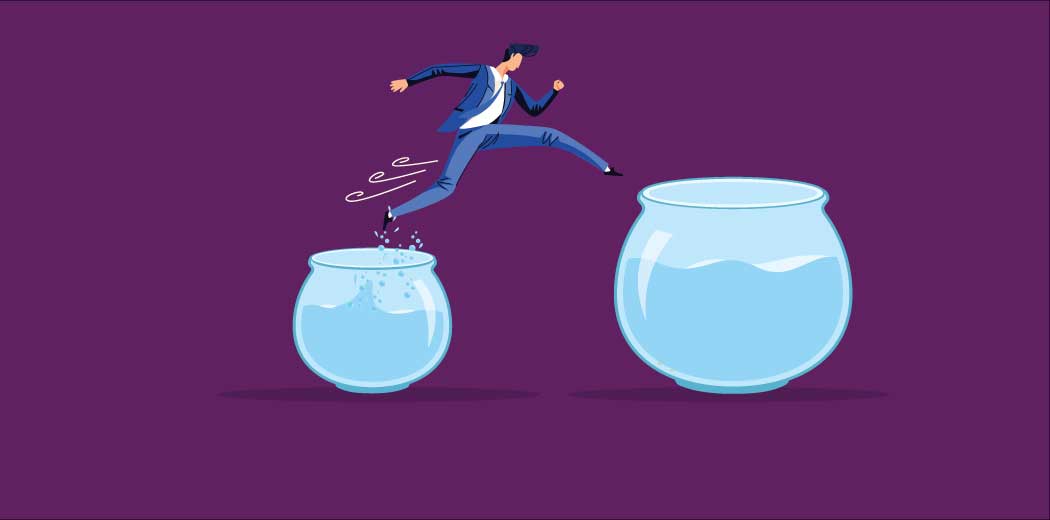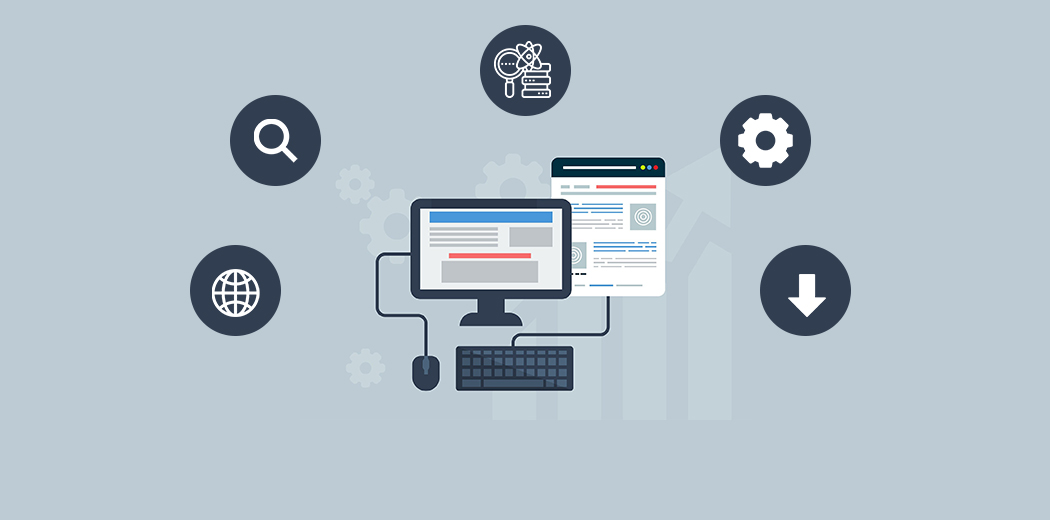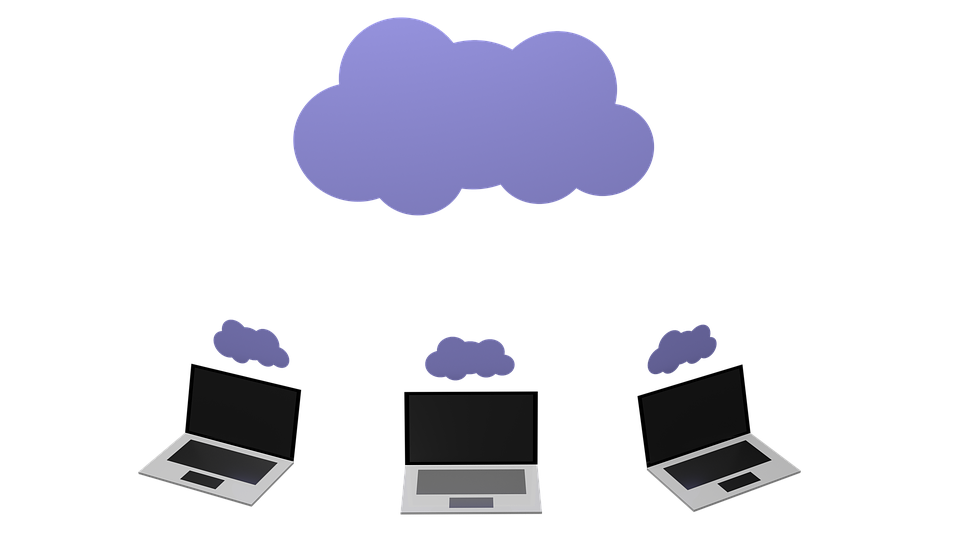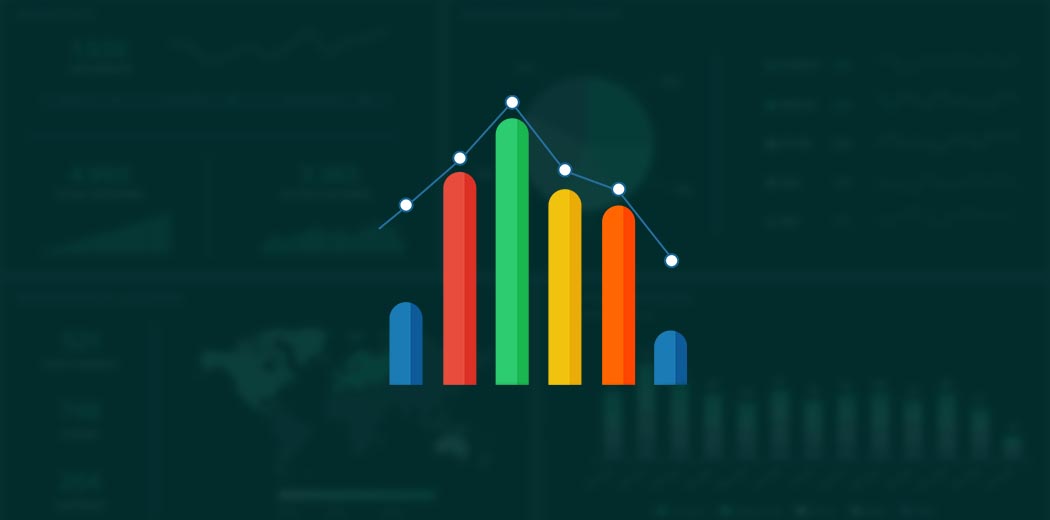Introduction
Data Science is becoming one of the most lucrative sectors that professionals want to switch to from other domains. It is the same for freshers as well, with a growing number of fresh graduates wishing to join various professions that come under Data Science. However, there is a major problem that both candidates and employers are facing.
The skills gap in this domain is a growing problem. Many candidates are not accustomed to Data Science tools that are currently being used, thus requiring employers to additionally train them. Similarly, there is a huge lack of skilled personnel in Data Science and this is extremely troublesome for employers.
Even if top MNCs decide to recruit candidates with fewer skills in Data Science, these companies will expect higher academic qualifications. This is another problem that professionals from other fields, such as software developers face when trying to join Data Science. However, these problems are easy to fix. If you are a fresher or a professional from another domain, you can easily upskill yourself or join a programme such as the Immersive Data Science Bootcamp by Analytics Vidhya.
More than high academic qualifications, companies now are looking for individuals who are job-ready. Why? It is easy to integrate these kinds of individuals into existing Data Science pipelines or processes. Companies do not need to spend extra resources to get skilled individuals deployment-ready and get a better ROI (return on investment) on the recruits during their initial months.
Let us check some of the methods we have available to us for transitioning into Data Science.
Steps for Becoming a Data Science Professional
One of the most essential requirements of working in this sector is knowing how to use various software, libraries, programming languages and databases. After that, you must strengthen your foundations in mathematical algorithms and statistics. Also, there are various soft skills that one must learn to become a part of this domain.
Here are some essential things you must consider if your aim is to join the field of Data Science.
Programming Languages and Libraries
Learning a programming language is essential for Data Science. You can choose a programming language such as Python, R or Scala. Python is comparatively easy to learn and is one of the most preferred languages for Data Science. However, for statistically-inclined tasks, R is always the better option. R also helps you create amazing visualisations and helps you plot graphs. R is a programming language built for statisticians and meant for statistical analysis.
Now, for the programming language you choose, you must also learn how to use their respective Integrated Development Environments (IDEs) such as Anaconda for Python or RStudio for R. Many Data Scientists also use VBA or Visual Basic for Applications. Now, when it comes to libraries for Data Science, you should get accustomed to Pandas, Scikit-Learn, Numpy, SciPy and Matplotlib for Python. These libraries can help you carry out pre-processing, mathematical, analytical and plotting tasks which are essential for Data Science.
Databases, Distributed File Systems and Cloud Computing
One of the primary concerns in Data Science is storing and managing data. This is why learning how to use DBMS (Database Management Systems) is essential. In order to utilise data from these databases or for CRUD (Create Read Update Delete) functions, you must also learn Standard Query Language or SQL. Some solid relational databases that you can learn to use are MySQL, MariaDB or Microsoft SQL Server.
Cloud computing skills are also heavily appreciated by employers. Thus, gaining skills for platforms such as Amazon Web Services (AWS), Microsoft Azure or Google Cloud Platform (GCP) can turn out to be helpful. Learning cloud computing also helps one in becoming a data architect or a data engineer.
Mathematics and Statistics
Mathematical concepts and statistical theories are absolutely essential for Data Science. Statistical inference, data summarization, statistical distribution and other statistical functions are also crucial for many data-driven tasks. Statistical techniques can help analyse data and make predictions, further helping companies make better business decisions. Data-driven actions are always backed by statistical models.
Similarly, many algorithms and mathematical concepts are used when working with Data Science projects, especially those powered by Machine Learning and other implementations of Artificial Intelligence. You will also need to learn techniques such as classification techniques, regression techniques and Bayesian Inference.
Data Science Skills, Tools and Technologies
There are a few skills in Data Science that are absolutely essential. These skills are:
- Data processing
- Data cleaning
- Data warehousing
- Data transforming
- Data mining
- Data analysis
- Data modelling
- Data visualisation
Now, in order to effectively carry out the above tasks and other common Data Science job roles, there are multiple tools and technologies that you must learn. Data pre-processing and data cleaning can be handled by libraries using languages such as Python. Now, for data warehousing, one can use technologies such as Amazon Redshift.
Meanwhile, for data analysis, tools such as Tableau and Excel are very popular. For more business-centric analytics, you can also learn tools such as Microsoft Power BI. If you are looking for more statistically-inclined tools, you can also learn how to use SAS. SAS is the top analysis technology for statistical analysis.
These skills are absolutely crucial for becoming a Data Scientist. However, if you wish to become a data engineer or a data architect, you must place more focus on learning how to integrate data, build data models and make data more accessible for data-driven systems or for organisational use. Programs such as the Data Science Immersive Bootcamp by Analytics Vidhya can help you learn these key skills.
Projects and Real-world Applications
One of the best ways to become a data scientist and take the first step to make a transition into data science is to have deployed projects. It is even better if these projects can be used for real-world applications. Having solid projects also makes employers more likely to hire you. More than anything, projects allow you to gain hands-on experience. Try using real-world problems for thinking of innovative solutions and working on them.
How to Transition into a Data Science Professional?
Here are the best ways to transition into a Data Science professional:
- Join a Bootcamp: Bootcamps are one of the best methods for switching to a Data Science profession. Bootcamps are great for working professionals as well as freshers. These programmes are designed to teach you all the necessary skills that you will need as a Data Scientist or any other Data Science professional.
- Find an internship: If you are a fresher without any Data Science skills and experience, it is a great idea for you to join as an intern. Becoming an intern ensures you gain some work experience and you will also get the opportunity to learn all the skills you will be using for your daily tasks.
- Upskill yourself or gain certifications: In order to transition into a Data Science job, you must upskill yourself by learning new technologies and skills. Getting certified in these skills and tools also make you more desirable to companies.
- Join a Degree Programme: Degree programmes might not be the right fit for everyone as they take a lot of time and working professionals find it very hard to give time to a solid degree programme. However, if you are willing to go for a master’s, you can go for one that is focused on Data Science.
- Search for recruitment drives and stay updated: You must also take care to stay updated about vacancies and requirements in various companies. There are many recruitment drives held by top MNCs throughout the year and you can easily apply as a candidate.
Conclusion
Data Science is essential for Finance, IT, Marketing, Healthcare, Manufacturing and most other sectors. If you have the necessary skills and if you are dedicated, you will not find it hard to join a career in Data Science or make a transition into the Data Science industry. You can even use the experience you have gained from your previous profession in specific fields of Data Science such as analytics.
For example, if you are a finance or management professional, you can go for business analytics or financial analytics. Similarly, if you are from marketing, you can use your experience for marketing analysis and customer sentiment analysis. Professionals from other sectors such as Statistics or Software Development will also find it easy to get into statistical processes and data engineering respectively.









